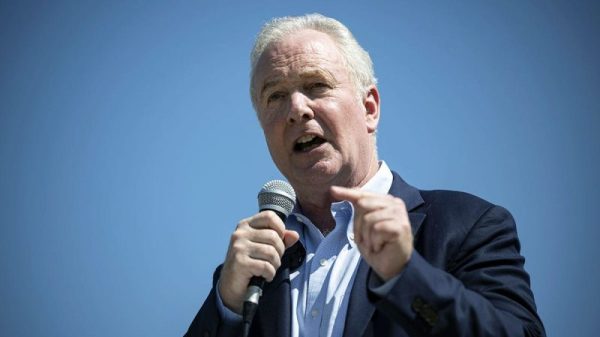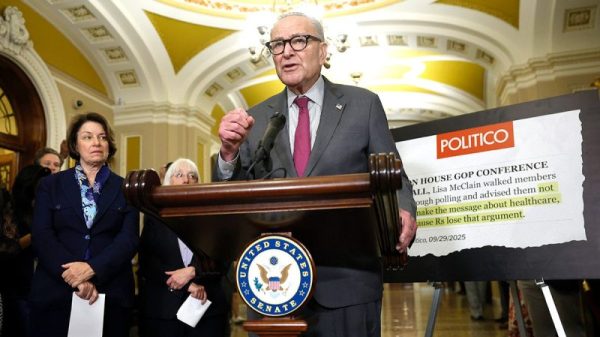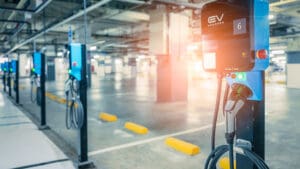
Be.EV, one of Britain’s fastest-growing ultra-rapid electric-vehicle charging networks, has announced a major price cut that halves the cost of fast charging and sets a new benchmark for affordability in the public-charging sector.
The company’s new 39p per kilowatt-hour (kWh) tariff makes Be.EV one of the first charge-point operators to offer public ultra-rapid charging cheaper than refuelling with petrol or diesel.
With around 40% of UK households lacking off-street parking, millions of drivers depend on public chargers and face higher costs — compounded by a 20% VAT rate compared with the 5% levied on domestic electricity. Be.EV says its new tariff is designed to end this “inequality” and make EV ownership accessible for everyone, not just homeowners with private driveways.
“For too long, EV charging in the UK has been built for the privileged few with a driveway,” said Asif Ghafoor, Be.EV’s chief executive. “Those who rely on public charging — people in flats, terraced housing or busy city centres — pay much more than those who can plug in at home. That’s not just unfair, it’s a barrier to mass adoption.”
“Our new 39p/kWh price point proves ultra-rapid charging can be cheaper than filling a petrol tank. It tears down one of the last excuses not to go electric. Drivers deserve a network that’s fast, fair and future-proof — and we’re determined to deliver it.”
The lower price can be accessed in two ways. Subscribers to Be.EV’s Mega Plan (£9.99 per month) will benefit from the 39p/kWh rate at all times, while those on the Mini Plan (£4.99 per month) can charge at 49p/kWh. Both are flexible, cancellable monthly plans available exclusively through the Be.EV app.
Alternatively, all drivers — even without a subscription — can take advantage of the 39p/kWh rate during off-peak hours (7pm to 7am) using the Be.EV app or RFID card.
At 39p per kWh, charging an electric vehicle with Be.EV works out at roughly 12p per mile, almost half the current average cost of 23p per mile for rapid or ultra-rapid public charging. The comparison is based on a typical pay-as-you-go rate of 76p/kWh and an average EV efficiency of 3.3 miles per kWh.
Be.EV’s price cut means public ultra-rapid charging can now be cheaper than running a petrol or diesel car, a milestone the company hopes will accelerate mass EV adoption ahead of the UK’s 2035 zero-emission vehicle deadline.
Be.EV’s announcement comes as the cost of charging remains a flashpoint in the UK’s transition to electric mobility. While at-home charging typically costs between 15p and 30p per kWh, public ultra-rapid chargers have surged in price since 2022, leaving many city dwellers at a disadvantage.
The new Be.EV model directly targets that gap. By offering off-peak and subscription-based discounts, the network aims to make ultra-rapid charging both affordable and predictable, encouraging drivers to plan charging sessions during lower-demand hours.
Be.EV currently operates more than 850 charge points nationwide, with 1,000 additional sites in development across motorways, city centres and community hubs. The company says its goal is to build a “truly democratic” charging network that brings reliable, high-speed access to every corner of the UK.
“Public charging shouldn’t be a postcode lottery,” Ghafoor added. “With our expansion, drivers everywhere — from Manchester to Milton Keynes — will have the freedom to charge on their own terms, one charge at a time.”
Industry analysts say Be.EV’s move could pressure other charge-point operators to revise their tariffs, particularly as public concern grows over pricing disparities between home and on-the-road charging.
The initiative also reignites debate over VAT reform for public charging — an issue campaigners argue is holding back adoption among urban and lower-income drivers. Be.EV’s model, by cutting prices without government intervention, may strengthen calls for a level fiscal playing field.
According to the Society of Motor Manufacturers and Traders (SMMT), there are now over 1.3 million electric vehicles on UK roads, a figure expected to double by 2028. Ensuring affordable public charging is viewed as critical to sustaining that growth.
Be.EV’s 39p tariff places it among the most competitively priced operators in the UK and represents a bold challenge to incumbents. For drivers, it means immediate savings from the very first charge.
For policymakers, it highlights a growing divide between infrastructure providers willing to absorb margin pressure to drive adoption and those maintaining premium rates.
Either way, Be.EV’s strategy signals a pivotal moment in the evolution of Britain’s public-charging landscape — one where accessibility, fairness and affordability are fast becoming as important as speed and reliability.
Read more:
Be.EV halves cost of ultra-rapid charging with 39p/kWh tariff




























